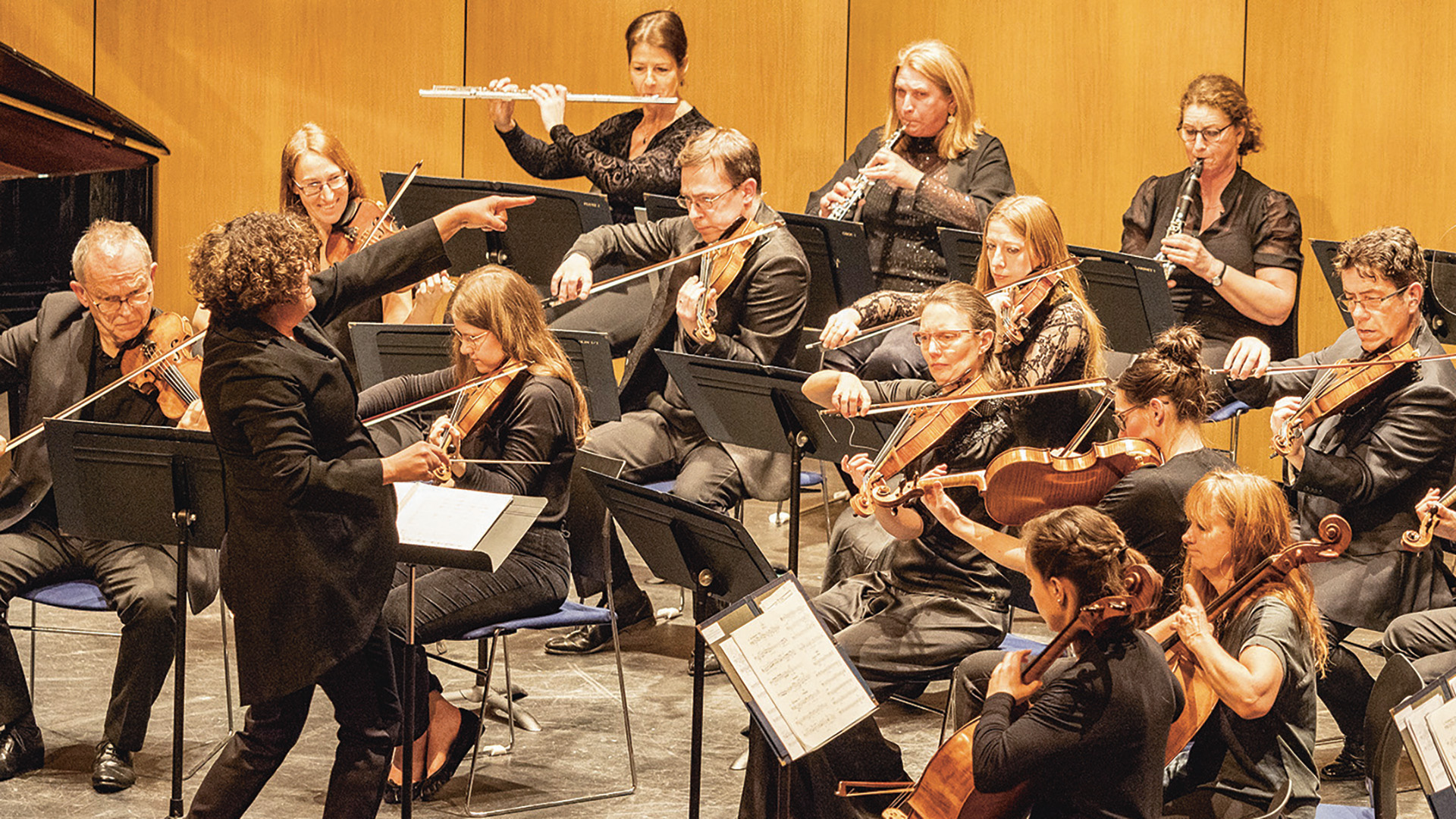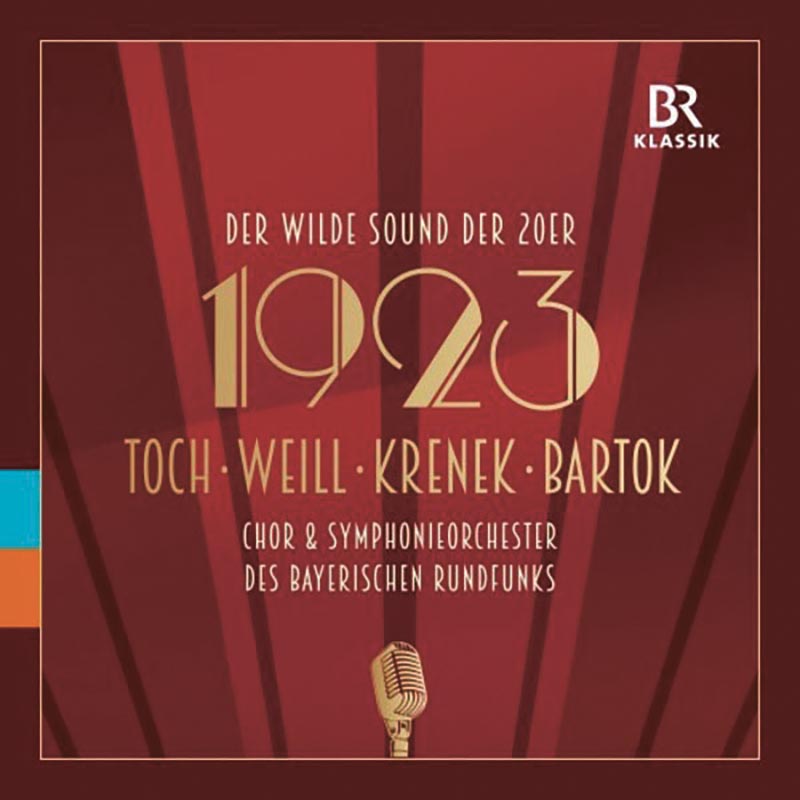“Can you hold back a bit?” the conductor asked the percussionist. “The acoustic is great here.” Sitting in the back of Warwick Hall listening in on Orchestra of the Swan (OOTS) rehearsing Elgar’s Enigma Variations, the balance was indeed pristine. Cleaner, in fact, than many better-known concert venues: if you haven’t heard of Warwick Hall, it’s because the 500-seat space is primarily a private school stage, built in the town of Warwick in 2016 by private education group Warwick Schools Foundation (WSF), a consortium of five fee-paying institutions.
The brick-pillared, purpose-built building with its glass facade and cavernous ceiling is a world away from the Portakabins seen in many secondary schools. As has been covered regularly in these pages, music provision in the state sector has been decimated in recent years (between 2012 and 2022 entries for GCSE music have fallen by 19 per cent). But rather than quietly enjoy its luxurious facilities, the foundation is opening up Warwick Hall to the community, in partnership with formerly Stratford-upon-Avon-based OOTS, who will now have an office within Warwick School’s Myton Road campus and offer education support to local schools through Warwickshire Music Hub.
Although OOTS will continue to serve the whole region – it has residencies at Drapers’ Hall in Coventry,
The Courtyard in Hereford and Stratford-upon-Avon’s Playhouse, and delivers music therapy through Cafe Muse, a series of participatory workshops – the ensemble’s work in Warwick is now a major focus. Baritone Roderick Williams enters the stage for a run-through of Corona, a suite of songs he composed for the Oxford-based string ensemble of the same – now rather unfortunate – name.
As Williams’s velveteen voice fills Warwick Hall, the students sitting in the row in front of me fall silent. This, and future rehearsals, will be open-door, so that pupils from neighbouring schools can stop by for behind-the-scenes experience. There’s no scrimping on quality in this series: Williams is a premier-league singer, who just so happens to live up the road in Banbury (his children are WSF alumni). Later, there isn’t a spare seat in the house; additional chairs have been brought in to create extra rows for Enigma, an English Mystery – a programme of pastoral pieces exploring a fascination with codes and mysticism. The mayor was among those applauding Williams’s exquisite performance of Vaughan Williams’s Five Mystical Songs and OOTS’s colourful Capriol Suite by Peter Warlock.
- The Kennedy dynasty’s darkest secret
- Hints of Scrooge at the Arts Council of England
- English National Opera cuts speak of a deeper problem
The facilities in Warwick are exceptional: there are many music teachers beavering away with nothing but a bunch of ukuleles. The contrast in music resources can be stark. When I was in Year 7, I attended a residential course at Leighton Park, a private school in Reading with a beautiful theatre in which we rehearsed and performed. Those of us who came from state comprehensives could not believe this was where our contemporaries practised on a weekly basis. We presumed everyone held concerts in the same hall in which they sat exams/went to assemblies/discos etc. (And obviously we were privileged to have that; disparity exists at all levels.)
The recently updated National Plan for Music Education (NPME) places much of the responsibility for delivery on individual organisations through the hub system that was created when the NPME was unfurled in 2011. Luckily, there are those who are taking the initiative, despite government indifference. (OOTS was among those whose projects were refused funding in the latest Arts Council England budget, despite its work meeting the perceived levelling-up criteria.) Conductor Rebecca Miller danced the orchestra through the Elgar – timpani perfectly placed – to rapturous applause.










